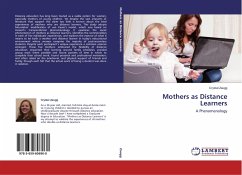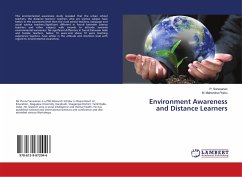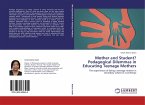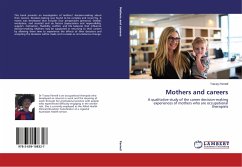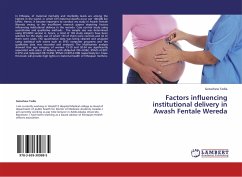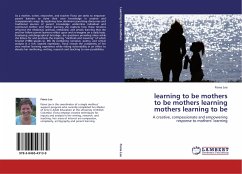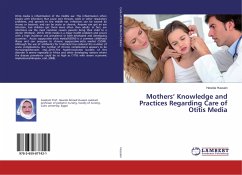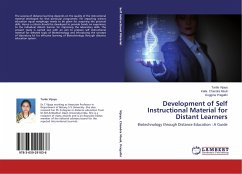Distance education has long been touted as a viable option for women, especially mothers of young children. Yet despite the vast amounts of literature that support this claim too little is known about the lived experiences of mothers who are distance learners. This study adopts Moustakas' modification of van Kaam's model, which was based on Husserl's transcendental phenomenology. It examines the social phenomenon of mothers as distance learners, identifies the commonalities in each of five individuals' experiences, and explores the essence of what it means to be both a mother and distance learner in today's educational environment where women comprise the majority of post-secondary students. Despite each participant's unique experience a common essence emerged. These five mothers: embraced the flexibility of distance education; organized their learning around family schedules; avoided group work when possible and found pockets of time in which to complete their school work; foundpersonal and professional motivation; and often relied on the emotional, and physical support of friends and family, though each felt that the actual work of being a student was done in isolation.
Bitte wählen Sie Ihr Anliegen aus.
Rechnungen
Retourenschein anfordern
Bestellstatus
Storno

